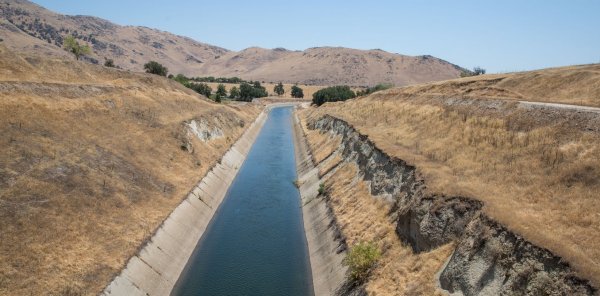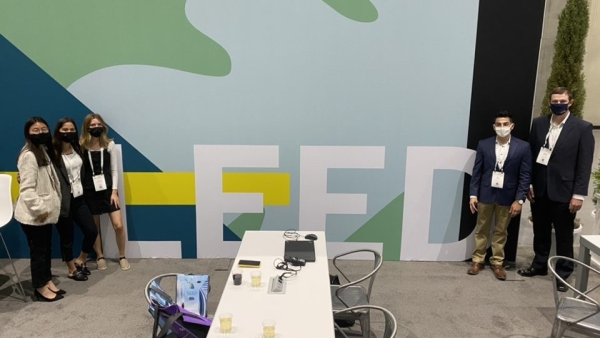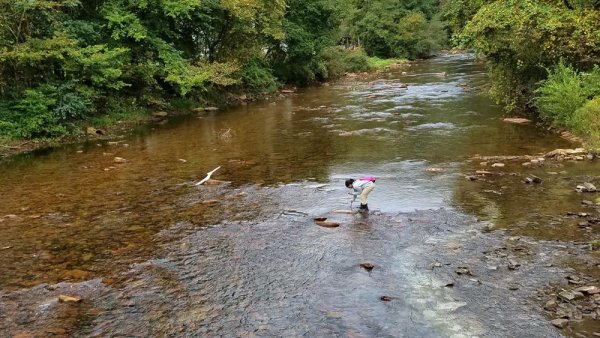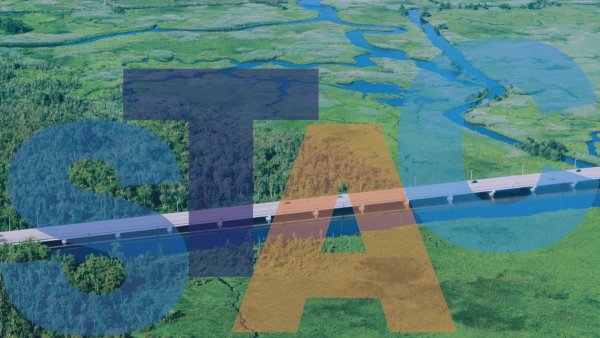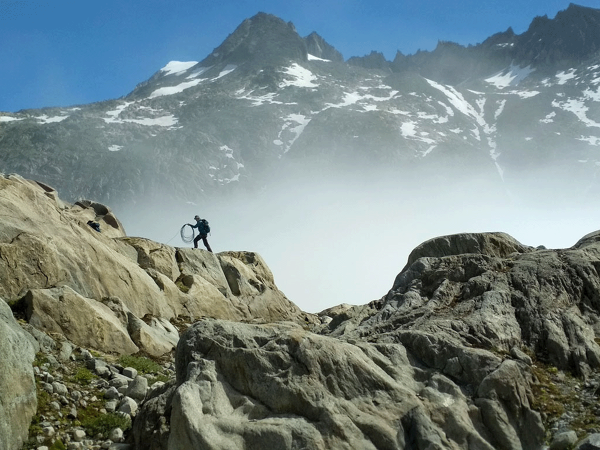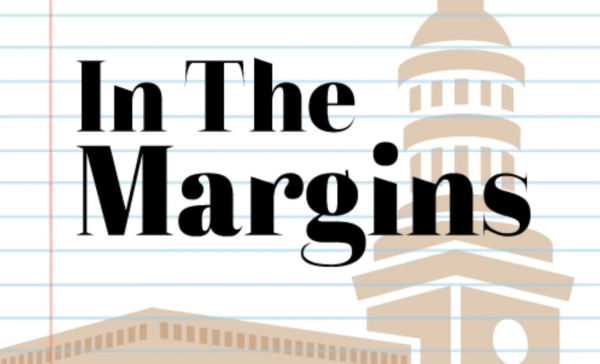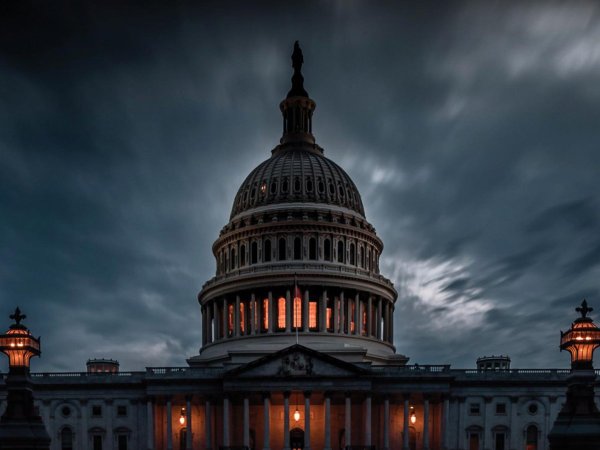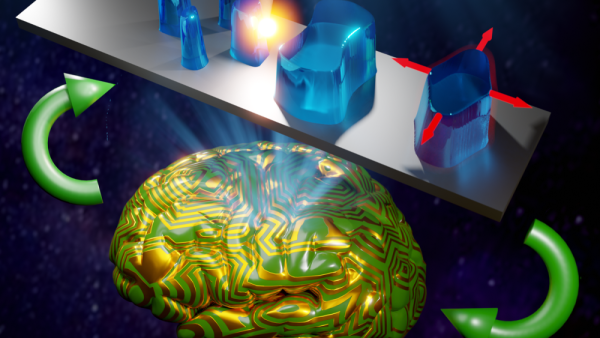’Tis the season for food waste
| psu.edu
As food prices soar — and many people struggle with food insecurity — how can consumers avoid wasting food this holiday season? A food safety extension specialist in the College of Agricultural Sciences offers advice.
Explainer: Was tornado outbreak related to climate change?
| washingtonpost.com
Unusually warm temperatures and a storm system moving east linked to the La Nina weather pattern helped create the conditions necessary for the monstrous tornadoes and severe weather that tore through parts of the the Midwest and South.
'Zero Day' for California water? Not yet, but unprecedented water restrictions send a sharp warning
| theconversation.com
Long before climate change was evident, California began planning a system of canals and reservoirs to carry water from the mountains to drier farms and cities. It’s no longer enough.
Stuckeman School students win engagement grants to attend Greenbuild conference
| psu.edu
Five Stuckeman School students, who also are members of Students for Environmentally Enlightened Design, each received $2,000 Student Engagement Network grants that allowed them to attend the Greenbuild International Conference and Expo in San Diego this fall.
Novel model can aid decisions in electricity generation, stream water quality
| psu.edu
Switching from coal to natural gas in power plants can reduce how much sulfur dioxide is emitted into the atmosphere and ultimately how much sulfate pollution enters waterways, according to a Penn State-led research team that has developed a model to detect if the recent switch from coal to gas is affecting streams.
First student to graduate from spatial data science master’s program
| psu.edu
The graduate, Karen Dedinsky, used location data to modify and create new mapping solutions. She will soon apply her knowledge and skills in processing data gathered from global natural disaster sites, such as earthquakes in Japan and wildfires in California.
Penn State Harrisburg professor, alumna appointed to Chesapeake Bay committee
| psu.edu
Shirley Clark, professor of environmental engineering in Penn State Harrisburg’s School of Science, Engineering and Technology, and Erin Letavic, a 2011 graduate of the master of environmental engineering program at Penn State Harrisburg, have been appointed by Gov. Tom Wolf as the Pennsylvania representatives to the Chesapeake Bay Scientific and Technical Advisory Committee.
Cheap and rugged optical fibers are revealing Earth's hidden motions
| science.org
The demands of the internet era have draped the world in a web of fiber. For geoscientists, fiber had always been a means to an end—a way to hook up a weather station or an undersea pressure sensor. But that has changed in the past few years. Now, the fiber itself is the sensor.
When crisis creates opportunity with Dr. Clarence Lang, Penn State
| diverseeducation.com
In this episode of In the Margins, Dean Clarence Lang of Penn State discusses several issues related to the recruitment and retention of diverse faculty.
Panel: Consider tinkering with oceans to suck up more carbon
| washingtonpost.com
The National Academy of Sciences says the world needs to look into making oceans suck up more carbon dioxide to fight climate change.
An analysis of 500 million words explains who controls the policy agenda
| psu.edu
In "Hijacking the Agenda: Economic Power and Political Influence," Chris Witko, professor of public policy and political science and associate director of the School of Public Policy, explains how the wealthy wield power to influence the congressional agenda and the policymaking process.
Deep learning to make nanoscale designs more robust against defects
| psu.edu
Optical metasurfaces, made up of nanoscale components, change the behavior of light hitting them to produce unique effects. A team of Penn State researchers developed a method to account for the drawbacks of manufacturing defects before they've occurred to enable metasurface designs that can perform well despite them.



